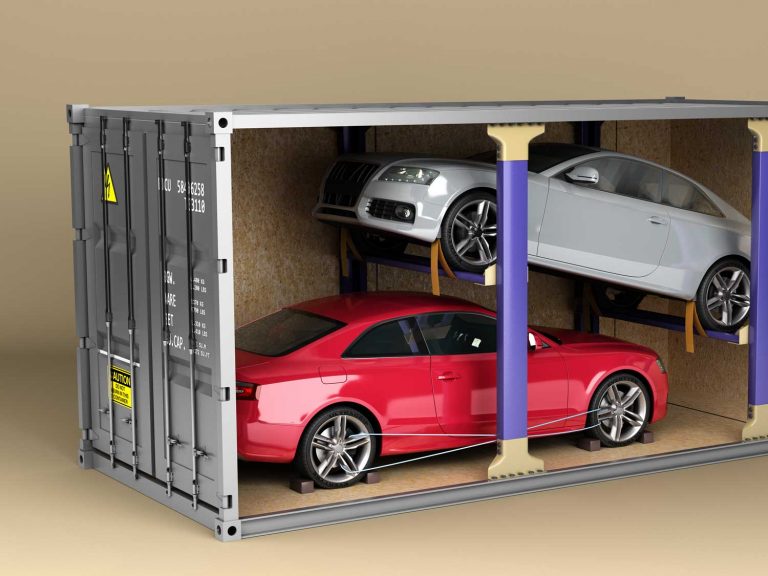
Date:
Metro’s RoRo alternative is cheaper, quicker and greener
With a 3-4 month delay for car and truck RoRo (PCTC/PCC) services, automotive clients have looked to container shipping to provide an effective alternative transport solution, that also turns out to be much better for the environment.
As the automotive industry emerged from the Covid pandemic, growing demand has exposed and exacerbated many of the underlying issues that the industry faced, particularly supply chain and capacity constraints.
Globally, sales have increased massively, rising 10% in 2021, with Chinese finished vehicle exports alone exceeding 3 million units in 2022, and the industry on track to overtake 2019 levels by the end of 2023.
However, the reduced global RoRo fleet does not have the capacity to meet this demand and carriers have been hesitant to order new ships, owing to uncertainty and stricter emissions standards that could render a ship obsolete before it is even delivered.
There are only 11 vessels on order for delivery in 2023 and even if all the RoRo vessels due for completion this year are delivered, the global fleet still could not even satisfy the demand for volume shipments out of China.
At the start of 2023 there was a 3-4 month delay in shipping RoRo on the busiest routes, so with RoRo unable to sustain their finished vehicle supply chain and a full order book, our automotive clients have looked to Metro, to use our container shipping expertise to provide an alternative transport solution.
Specially designed racking has massively simplified the securing of cars in containers, reducing time and expense, opening this cost-effective mode up to the mass movement of finished automobiles, including the most-expensive marques.
The largest Pure Car Carriers (PCC) can carry 6,000 cars, distributed across 13 decks, while the largest container ship can carry 25,000, which offers maximum economies of scale.
Containers are loaded on top of each other, so cars are effectively stacked, while on RoRo vessels there’s lots of empty space, with cars on separate decks and the total CO2 omitted on a container vessel is divided by a higher number than that of a RoRo vessel.
Using our MVT ECO CO2 tracking module to look at one indicative trade lane (Antwerp – Sydney) shows that container shipping reduces comparable emissions by 69%. In this example of a live shipment, that is a saving of 1,716 tonnes of CO2.
1,200 cars by RoRo: 2,484 tonnes CO2
1,200 cars by Container: 768 tonnes CO2
The critical unit is the gCO2/tonne-km which is much higher on RoRo than containers.
Our MVT Eco module has measured over 100,000 shipments, with a total CO2 equivalent of more than 300,000 tonnes in 2023.
Using reporting methodology that is in conformance with the Global Logistics Emissions Council (GLEC), we create low-carbon multi-modal supply chains that blend air, road, sea, inland waterways and rail, together with NGV and electric vehicles.
The MVT ECO module is available free-of-charge to customers on their MVT dashboard. To request a demo or discuss your requirements, please EMAIL Elliot Carlile.
Metro is exporting finished vehicles in containers, with significantly lower port to port freight costs, for a number of UK manufacturers. EMAIL Ian Tubbs to learn more.
